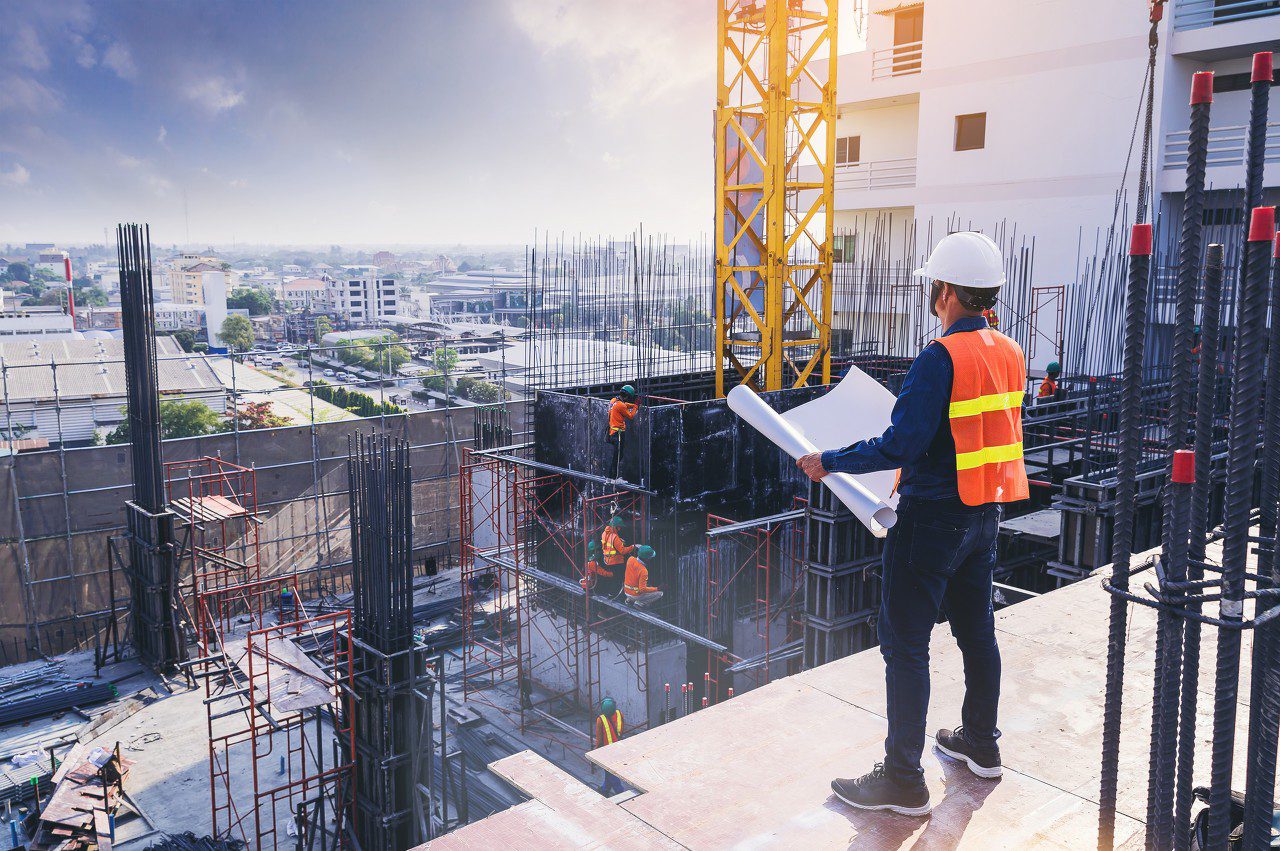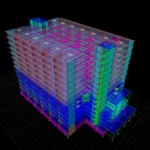An overview of the Construction Industry
The construction industry is a vast and multifaceted sector that encompasses the planning,
design, financing, construction, renovation, and maintenance of buildings, infrastructure,
and various civil engineering projects. It is a cornerstone of economic development, playing
a pivotal role in shaping the built environment and supporting various industries.
Let’s clarify what we mean when we talk about the building business and how experts and
governing authorities have characterized it. Learn about the numerous dynamics and
difficulties in the engineering and construction industry’s domain knowledge.
Construction Industry – The Sectors
The construction industry comprises various sectors, each with its own characteristics,
specialties, and project types. These sectors collectively contribute to the development of
the built environment.
Here are some of the key sectors within the construction industry:
- Residential Construction
o Focus: Housing and living spaces for individuals and families.
o Project Types: Single-family homes, apartments, condominiums, townhouses, and
housing developments.
o Specialties: Homebuilders, residential architects, and interior designers. - Commercial Construction
o Focus: Facilities for business and commerce.
o Project Types: Office buildings, retail spaces, shopping centres, hotels, restaurants,
and warehouses.
o Specialties: Commercial architects, interior designers, and commercial contractors. - Industrial Construction
o Focus: Facilities for manufacturing, production, and heavy industry.
o Project Types: Factories, warehouses, power plants, chemical plants, and refineries.
o Specialties: Industrial engineers, process specialists, and construction management. - Institutional and Government Construction
o Focus: Facilities for public institutions, government agencies, and education.
o Project Types: Schools, hospitals, courthouses, government offices, and research
facilities.
o Specialties: Institutional architects, healthcare planners, and government project
managers.
Types of Construction projects-
Construction projects can be categorized into various types based on their purpose, scope,
and industry requirements. Here are some common types of construction projects:
- Residential Construction
o Single-Family Homes
o Multi-Family Housing - Commercial construction
o Office Buildings: Creating spaces for businesses, offices, and corporate
organizations.
o Retail Construction: Building shopping centres, malls, and stores.
o Hospitality: Developing hotels, resorts, restaurants, and entertainment venues.
o Warehouses and Industrial Facilities: Constructing spaces for manufacturing,
distribution, and storage. - Civil Engineering and Infrastructure Projects
o Roads and Highways: Building and repairing transportation networks.
o Bridges and Tunnels: Creating vital transportation links.
o Airports and Ports: Expanding and maintaining transportation hubs.
o Dams and Water Infrastructure: Constructing dams, water treatment plants, and
sewage systems. - Institutional and Public Construction:
o Schools and Educational Facilities: Constructing K-12 schools, universities, and
research centres.
o Healthcare Facilities: Building hospitals, clinics, and medical research centres.
o Government Buildings: Creating courthouses, government offices, and civic centres. - Infrastructure Upgrades and Rehabilitation
Infrastructure Rehabilitation: Repairing and upgrading aging infrastructure components.
Bridge Rehabilitation: Refurbishing and strengthening existing bridges.
In conclusion, the construction business is a diverse sector that has a big impact on
economies and communities all over the world. Each type of construction project has
unique requirements, challenges, and considerations. Successful completion relies on
effective project management, skilled labour, compliance with regulations, and adherence
to safety practices.
Disclaimer: This content is provided solely for your review. Erusu Consultants takes no liability for this article. The reader is advised to form their own opinion. Please consult a Structural Engineer before making any final decisions.






